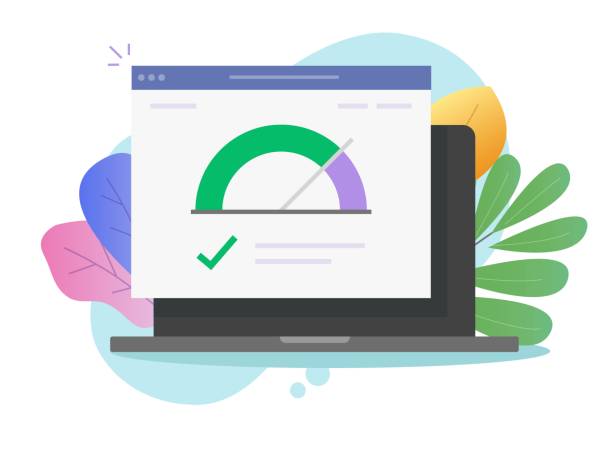Introduction
Search Engine Optimization (SEO) is an important part of any website that helps improve online visibility and rankings. In today’s era, when every business and individual wants to get their website higher in the search engine results, it is important to understand and implement SEO’s popularity. In this article we will discuss some good SEO tips that can improve your search engine ranking.
1. Importance of Keyword Research

Keyword research is a fundamental aspect of SEO. This helps you understand what your target audience is looking for. Effective keyword research can help you align your content strategy and rank better in search engine results. By leveraging tools like Google Keyword Planner and SEMrush, you can identify high-volume, low-competition keywords that are relevant to your content.
2. Top quality content
Content is king. Your content should not only be informative, but also engaging and valuable. Quality content makes you an authority in the eyes of search engines and also increases user engagement. Ise of relevant keywords, unique point of view, and strong writing style is strong enough to attract and keep readers.
3. The process of on-page SEO

With on-page SEO, you can optimize the internal elements of your website. Names include meta tags, headings, URL structure and internal linking. These elements help search engines understand and index your content. Meta description and title tags should be relevant and keyword rich to improve click through rate.
4. The need for mobile optimization
Nowadays, more and more people use the internet on mobile devices, so it is important that your website is mobile friendly. Without mobile optimization, you miss out on search engine rankings and user experience. Make sure your website is responsive and displays well on mobile devices.
5. Page Speed Optimization

Page speed is also an important SEO factor. If your website loads slowly, user retention and search engine rankings are adversely affected. Using tools like Google Page Speed Insights you can measure and improve your website speed.
6. Backlink building strategy
Backlinks, which are links from websites around the world to your website, are a signal to search engines that your content is valuable. High-quality backlinks increase your website’s authority and improve rankings. Strategies like guest posting, influencer outreach and directory submissions can be used for backlink building.
7. Importance of technical SEO
Technical SEO is optimizing the technical aspects of a website, such as site architecture, XML sitemaps and robots.txt files. Make sure that search engines can easily crawl and index your website. Regular technical audits and updates are also necessary so that any technical issues can be resolved promptly.
8. Considered User Experience (UX).
User experience is an essential part of SEO. If your website is not user-friendly and easy to navigate, visitors will leave your site and go to websites around the world. Make sure your website is intuitive, provides easy navigation and has clear calls to action (CTAs) that guide users.
9. Refreshment and Updates of Content
Search engines prefer fresh and updated content. It is important to regularly publish new content on your website and update the entire content. It keeps your site relevant and signals to search engines that your site is active.
10. Social Media Integration
Social media also has an impact on SEO. Promoting your content on social media platforms and engaging with your audience increases your website traffic and visibility. Social signals like likes, shares and comments can indirectly improve search engine rankings.
11. Local SEO Strategy
If your business is for the local market, to local SEO strategies. Create and optimize a Google My Business profile, use local keywords and build local citations. It helps you get higher rankings and visibility in local search results.
12. SEO Analytics and Tracking
Tracking and analyzing SEO efforts is also important. Tools like Google Analytics and Google Search Console provide insight into your website’s performance, traffic sources and user behavior. Regularly monitor SEO performance so you can optimize and adjust your strategies.
13. Use of Video Content
Video content can be an effective tool for SEO. Videos are engaging and help retention, and search engines also rank videos. Optimize video titles, descriptions and tags, and make sure your videos are embedded and easily accessible on the same website.
14. Voice Search Optimization
The use of voice search is also growing rapidly. Voice search queries are usually long and conversational. Therefore, optimize your content to target voice search queries. Use long-tail keywords and natural language phrases.
15. Continuous learning and adaptation
SEO is a dynamic field that sees regular updates and changes. SEO best practices and search engine algorithms are constantly updating and adapting. Follow SEO trends and industry news and align your strategies with new developments.
Result
SEO’s best practices are for improving your search engine rankings. By incorporating support into your strategy, you can significantly improve your website’s visibility, traffic, and overall performance. This article will help you understand the basic principles of SEO and apply them effectively.



